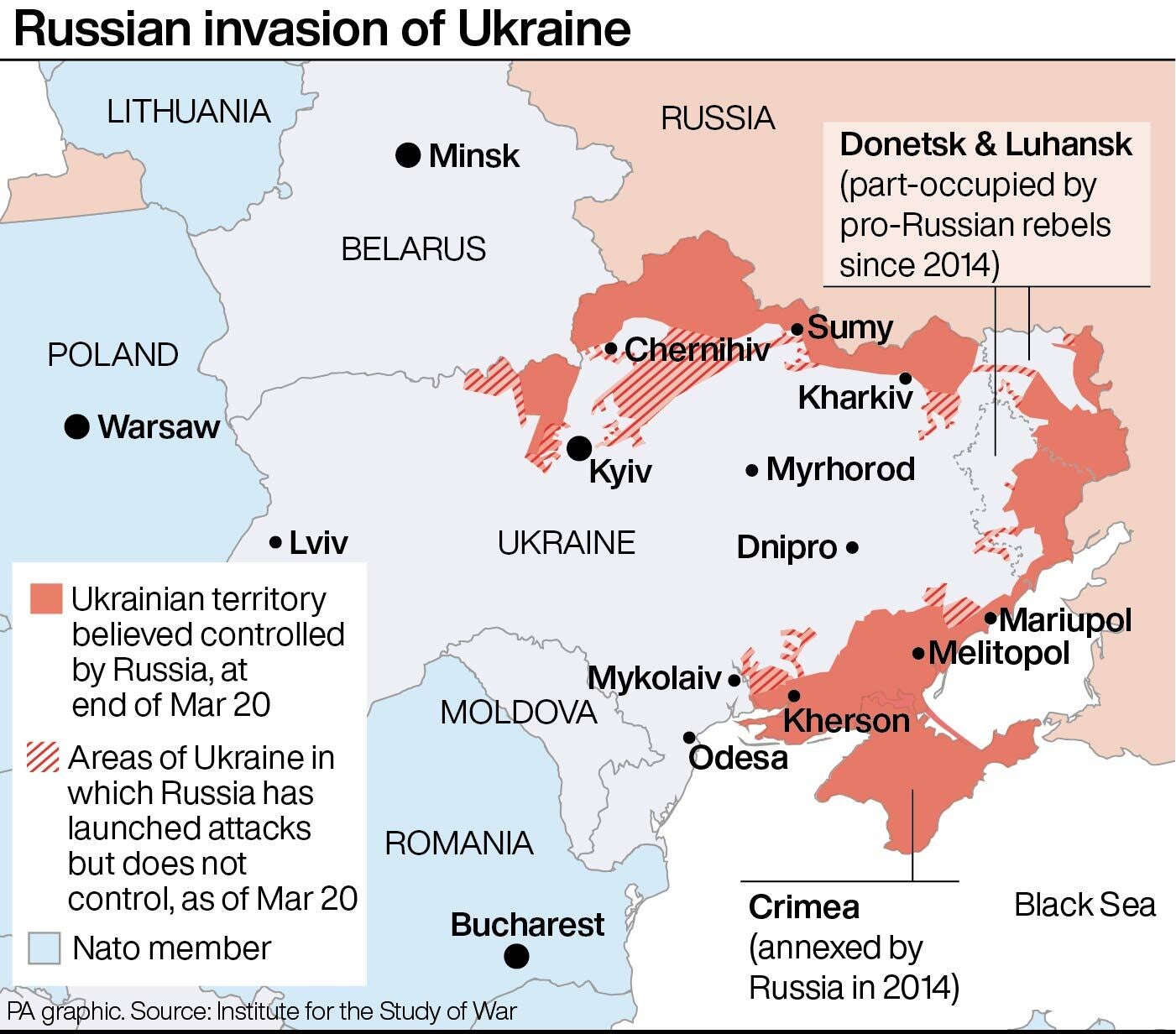Ukraine war: Liz Truss visit to India coincides with trip from Russian minister Sergei Lavrov
Foreign secretary to underline importance of democracies to ‘deter aggressors’
Your support helps us to tell the story
From reproductive rights to climate change to Big Tech, The Independent is on the ground when the story is developing. Whether it's investigating the financials of Elon Musk's pro-Trump PAC or producing our latest documentary, 'The A Word', which shines a light on the American women fighting for reproductive rights, we know how important it is to parse out the facts from the messaging.
At such a critical moment in US history, we need reporters on the ground. Your donation allows us to keep sending journalists to speak to both sides of the story.
The Independent is trusted by Americans across the entire political spectrum. And unlike many other quality news outlets, we choose not to lock Americans out of our reporting and analysis with paywalls. We believe quality journalism should be available to everyone, paid for by those who can afford it.
Your support makes all the difference.Liz Truss’s visit to India to push for tougher action on the Kremlin’s invasion of Ukraine will coincide with a trip to the country by her Russian counterpart, Sergei Lavrov.
The pair, who are not expected to cross paths in New Delhi, last met in Moscow on 10 February — just 14 days before Russia waged war against Ukraine — and publicly clashed at a press conference.
The foreign secretary warned at the time an invasion would be “disastrous” for Russia and European security while Mr Lavrov described talks with Ms Truss as like “the mute with the deaf”.
Ms Truss’s meeting with the Indian foreign minister, Subrahmanyan Jaishankar, also comes amid concern in the west over prime minister Narendra Modi’s reluctance to publicly condemn the actions of Russia in Ukraine.
The Foreign Office said last night that Ms Truss will say Vladimir Putin’s invasion of Ukraine underlines the importance of democracies working closer together to “deter aggressors” and “reduce vulnerability to coercion”.
The Indian foreign ministry’s statement announcing the visit did not mention the invasion.
International trade secretary Anne-Marie Trevelyan said she understands why India, a country that has abstained on UN resolutions censuring Russia, has kept quiet over the war in Ukraine but democratic nations should “stand up” for their values.
“We understand why they’ve chosen to sit on the fence at the moment - they, you know, have connections in both directions,” she told Sky News on Thursday.
“But for us, it’s really important to see all countries who believe in democracy and the rule of law, and indeed defending your own territorial borders and wanting to have that sovereignty respected by those around you, to stand up for that.”
Mr Lavrov, meanwhile, was also set to arrive in India on Thursday to push for closer trade links to help reduce the impact of economic sanctions imposed by the west.
Earlier this month, India agreed to import three million barrels of heavily discounted Russian oil as Moscow was forced to drop prices due to the effect of international sanctions.

Although the amounts are relatively small, there are concerns that volumes could increase in the coming months, potentially weakening the impact of economic restrictions.
The visit represents the highest level of engagement between India and Russia since Moscow launched its military offensive on Ukraine and Mr Modi subsequently held phone calls with Mr Putin.
It is also Mr Lavrov’s first visit to India since 2019.
While India’s relations with the US in particular have only grown stronger in recent years, its closeness to Russia dates back to the Cold War, and Delhi is heavily dependent on Moscow for military purchases. India recently deployed the first of five S-400 missile defence systems bought from Russia in a $5bn (£3.8bn) deal that could yet be the subject of US sanctions.
Washington says it has been putting sustained pressure on Delhi to fall in step with it on the Ukraine issue, with Joe Biden saying India has been “shaky on this”, and Downing St says Boris Johnson has called on Mr Modi to “join the condemnation of Putin”.
In a statement, Ms Truss said: “Deeper ties between Britain and India will boost security in the Indo-Pacific and globally, and create jobs and opportunities in both countries.
“This matters even more in the context of Russia’s unprovoked invasion of Ukraine and underlines the need for free democracies to work closer together in areas like defence, trade and cyber security.
“India is an economic and tech powerhouse, the world’s largest democracy and a great friend of Britain, and I want to build an even closer relationship between our two nations.”
Ms Truss will also use her visit to confirm £70m of UK investment funding to support the development of renewable energy in India, which remains one of the world’s biggest users of hydrocarbons.
She will also announce a new joint cybersecurity programme aimed at protecting online infrastructure in both countries from attacks.

Join our commenting forum
Join thought-provoking conversations, follow other Independent readers and see their replies
Comments